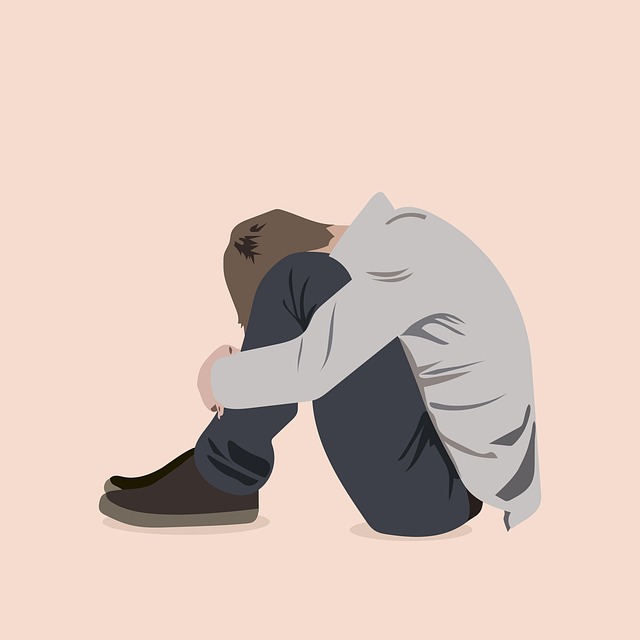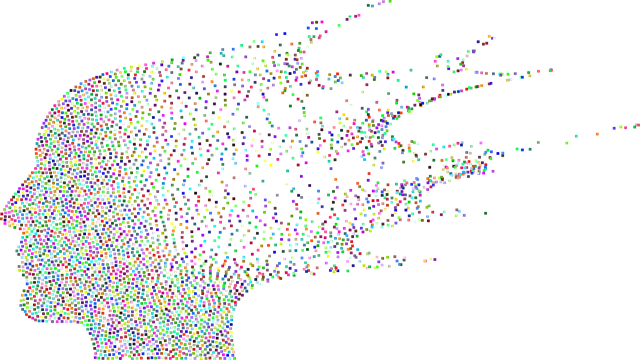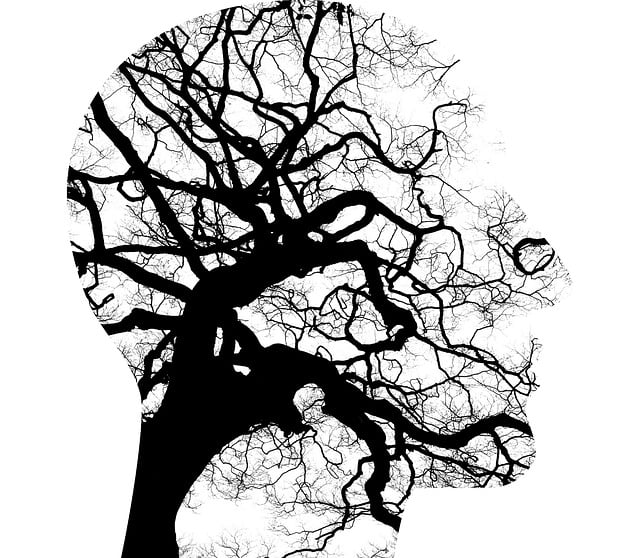Adolescent teens with chronic illnesses face unique challenges, including physical and mental health issues often exacerbated by trauma. Effective support involves integrated therapy addressing medical, psychological, and social needs, empowering teens to manage their conditions and enhance quality of life. Public awareness campaigns, through creative communication, educate communities and provide tailored resources like anxiety relief programs. Community outreach creates supportive networks, fostering emotional healing and encouraging adolescents to take control of their health. Tailored, holistic strategies focusing on education, peer support, and crisis intervention guide teens in overcoming adversity related to chronic illness.
In today’s digital era, raising awareness about chronic illnesses among adolescents is more crucial than ever. This article explores the profound impact of public awareness campaigns in educating and empowering communities to support teens grappling with these complex health issues. From understanding adolescent chronic illnesses and their far-reaching effects to designing effective campaign strategies for lasting change, we delve into transformative therapies that can revolutionize care and foster resilient futures.
- Understanding Adolescent Teen Chronic Illnesses and Their Impact
- The Role of Public Awareness Campaigns in Educating and Empowering Communities
- Designing Effective Campaign Strategies for Lasting Change
Understanding Adolescent Teen Chronic Illnesses and Their Impact

Adolescent teens facing chronic illnesses often struggle with unique challenges that can significantly impact their overall well-being and future prospects. These illnesses, ranging from physical conditions to mental health disorders like depression and anxiety, require comprehensive understanding and tailored support. Many teen chronic illness sufferers also grapple with trauma, which can exacerbate existing symptoms and complicate treatment. Therefore, integrating trauma support services within therapeutic interventions for adolescent teens is paramount.
Effective therapy for adolescent teens chronic illnesses should encompass not just the medical aspect but also psychological and social support. Depression prevention strategies and anxiety relief techniques are essential components of these programs. By addressing both the physical and mental dimensions of their conditions, support services can empower teens to manage their illnesses, enhance their quality of life, and foster resilience as they navigate the challenges that come with chronic health issues.
The Role of Public Awareness Campaigns in Educating and Empowering Communities

Public awareness campaigns play a pivotal role in educating and empowering communities, especially when addressing sensitive issues like chronic illnesses affecting adolescent teens. Through creative communication strategies, these campaigns can dispel myths, provide crucial information, and offer support systems tailored to young people’s unique needs. By raising awareness about the available resources and therapeutic options, such as anxiety relief programs for chronic illness management, they enable teens to better understand and manage their conditions.
Community outreach program implementation is a powerful tool within these campaigns, fostering emotional healing processes by bringing together affected individuals, their families, and healthcare professionals. This collective approach not only educates but also builds a supportive network that empowers teens to take charge of their health. By focusing on both the cognitive aspects of illness management and the emotional healing required for adolescents navigating chronic conditions, these campaigns contribute significantly to their overall well-being.
Designing Effective Campaign Strategies for Lasting Change

Designing effective campaign strategies requires a deep understanding of the target audience, especially when addressing sensitive topics like chronic illness in adolescent teens. Going beyond mere awareness, these campaigns should aim to educate and empower young people with knowledge about their health and emotional well-being. Incorporating interactive communication strategies, such as peer-to-peer support networks or online forums, can foster a sense of community and encourage open dialogue. This approach not only promotes emotional well-being promotion techniques but also ensures that teens feel heard and supported in managing their chronic conditions.
Additionally, crisis intervention guidance should be seamlessly integrated into the campaign strategy. By providing clear resources and step-by-step protocols, campaigns can equip adolescents with tools to navigate challenging situations. This proactive approach not only addresses immediate concerns but also contributes to long-term resilience by teaching teens how to seek help and maintain a healthy balance in their lives. Such holistic strategies are essential for driving lasting change and ensuring that young individuals have the strength to overcome adversity related to chronic illness.
Public awareness campaigns play a pivotal role in educating communities about adolescent chronic illnesses, their impacts, and available therapies. By effectively communicating complex medical information, these campaigns empower parents, caregivers, and teens to make informed decisions. Through strategic design and sustained messaging, they foster a supportive environment that promotes early intervention and improved outcomes for young people living with chronic conditions. Leveraging the right tools and channels, public awareness initiatives can drive lasting change in how we understand and address the unique challenges faced by adolescent teens with chronic illnesses.














